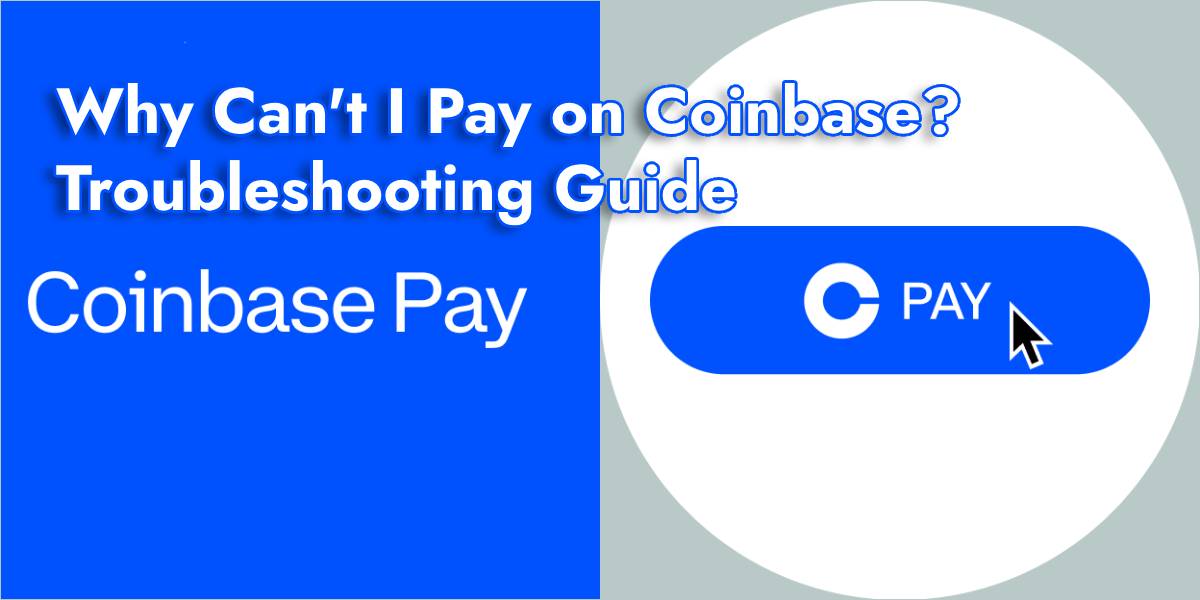Why Can't I Pay on Coinbase? Troubleshooting Guide


In the ever-evolving world of cryptocurrencies, choosing the right exchange is a crucial decision for both beginners and seasoned investors. Two main types dominate the market - Centralized Exchanges (CEX) and Decentralized Exchanges (DEX). In this guide, we'll break down the differences between them to help you make an informed decision that aligns with your trading preferences.
Centralized exchanges, like Binance and Coinbase, operate with a centralized authority that manages users' funds and executes transactions. These platforms are user-friendly, offering a familiar experience similar to traditional financial institutions. Here are some key aspects to consider:
Centralized exchanges often boast robust security measures and employ industry-standard protocols to safeguard users' assets. Users find comfort in the reputation and reliability of these well-established platforms.
CEX typically offers higher liquidity compared to DEX, meaning there is a larger pool of traders and assets available for buying or selling. This can result in faster transactions and better pricing.
Centralized exchanges are designed with a focus on user experience. Intuitive interfaces, customer support, and features like fiat onramps make them accessible for beginners.
Decentralized exchanges, such as Uniswap and PancakeSwap, operate on blockchain technology without a central authority. Users have direct control over their funds, and transactions occur directly between peers. Here are some key aspects to consider:
DEXs eliminate the need for a central authority, reducing the risk of hacking or mismanagement of funds. Users retain control of their private keys, enhancing the security and privacy of transactions.
DEXs operate on a decentralized network of nodes, making them resistant to censorship. This is particularly appealing to those who value the principles of decentralization and want to avoid potential regulatory issues.
Many decentralized exchanges do not require Know Your Customer (KYC) verification, allowing users to trade without disclosing personal information. This appeals to those who prioritize anonymity.
Choosing between centralized and decentralized exchanges ultimately depends on your priorities and preferences. If you value ease of use, high liquidity, and a familiar interface, a centralized exchange may be the better option. On the other hand, if security, privacy, and a commitment to decentralization are your priorities, a decentralized exchange might be more suitable.
Get your queries resolved by a Customer Support Advisor. Our customer executives are available 24*7 to solve your query ASAP by call and live chat support.
In the dynamic world of cryptocurrency trading, the choice between centralized and decentralized exchanges is a personal one. Understanding the strengths and weaknesses of each type will empower you to make an informed decision that aligns with your trading goals. Whether you opt for the familiarity of a centralized exchange or the innovation of a decentralized platform, remember to stay informed and adapt your strategy as the crypto landscape continues to evolve.
Comments
Post a Comment